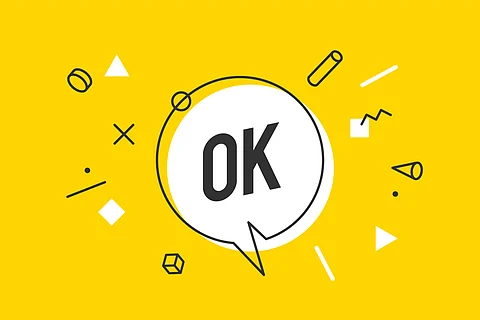

ISTOCK
Have you ever wondered why everyone, everywhere, seems to say “OK”? It’s one of the world’s most recognisable words, but its journey is surprisingly quirky! “OK” first appeared in an American newspaper in 1839, where it was used as an abbreviation for “oll korrect”—a jokey, deliberately misspelt version of “all correct.” The joke caught on and soon, “OK” began popping up in newspapers, letters, and even political campaigns.
The real boost came when “OK” was used as a slogan for Martin Van Buren’s presidential campaign in 1840. Van Buren’s nickname was “Old Kinderhook” (after his hometown in New York), so supporters would shout, “Vote for OK!” This helped the little word stick around.
From there, “OK” took off. It was short, easy to say, and could mean almost anything: agreement, approval, or that something was simply fine. As English spread around the world through trade, travel, and media, so did “OK.” Today, it’s used in hundreds of languages, and you’ll hear it everywhere from classrooms to cartoons.
So next time you say “OK,” remember—you’re using a word with a funny origin and a passport to every corner of the globe!